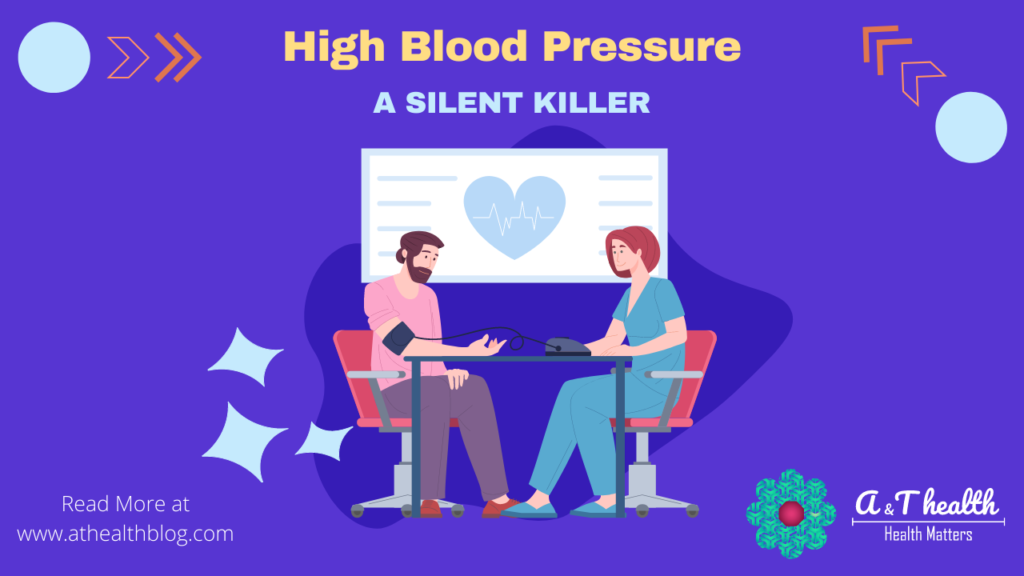Ibuprofen is a nonsteroidal anti-inflammatory drug (NSAID). It is available in different dosage forms such as tablets, capsules, topical gels, granules sachets, liquid suspension, and in combinations with other medicines.
How does Ibuprofen works?
Ibuprofen inhibits prostaglandin synthesis and thus provides relief from pain and inflammation. It is more effective in reducing inflammation than paracetamol. You can have it from your nearby pharmacy, mainly without a prescription.
What are its uses?
You can use ibuprofen to relieve pain and inflammation in your adults and children.

Your doctor may prescribe it for the following conditions;
- Back pain
- Swollen joints
- Frozen shoulders
- Bursitis
- Tendonitis
- Sprains and strains
- Osteoarthritis
- Rheumatoid arthritis
- Painful menstruation
- Dental pain
- Postoperative pain
- Headache and migraine
How long does it take to start work?
Ibuprofen is a short-acting pain killer. It takes around 20-30 minutes to work, and how long its effect last will depend upon the type of dosage form you take. Generally, its effect may last for 4-6 hours.
What is the dosage of ibuprofen?

The dosage of ibuprofen varies according to the type and severity of the disorder. It is to be decided by your doctor. The usual recommended dosage is as follows:
- Adults: 600mg to 1800mg per day, divided into 3-4 doses. The total dose should not exceed 2400mg per day.
- Children: 20mg/kg of body weight in a day, divided into 3-4 doses. Children weighing less than 7 kg shall not take ibuprofen.
What are its possible side effects?
You may or may not experience some common side effects of ibuprofen: nausea, stomach pain, heartburn, vomiting, gas, constipation, and diarrhoea.
Few severe rare side-effects are also associated with ibuprofen, which mainly show in people at risk of developing them. These include heart attack and stroke, elevation in blood pressure, fluid imbalance, stomach ulcers, hypersensitivity reaction and very rarely liver failure.
What do you have to consider before taking ibuprofen?
You may be at a risk of developing adverse effects, consult your doctor or pharmacist before using ibuprofen, if you
- Are allergic to ibuprofen or any other inactive ingredients in your medicine.
- Have shown hypersensitivity reactions, e.g. asthma, rhinitis or urticaria, in response to ibuprofen, aspirin or other NSAIDs.
- Have or previously had a stomach ulcer
- Suffer from or have had a previous history of asthma
- Have liver or kidney disorders
- Have a history of heart failure or hypertension
- Have an infection, particular varicella (chickenpox) infection
Can you use ibuprofen during pregnancy?

It is not advisable to take ibuprofen during pregnancy, particularly after 30 weeks. It can affect your baby’s circulation and kidneys. Please consult your doctor or pharmacist about the benefits and possible harms of taking it during pregnancy. Paracetamol is a safer choice than ibuprofen during pregnancy.
Can you use ibuprofen during breastfeeding?
Only a tiny quantity of ibuprofen gets into the breast milk, which is unlikely to cause side effects in your kid while breastfeeding.
Can ibuprofen affect your fertility?
Taking ibuprofen is unlikely to affect your fertility, but it can affect ovulation. Ibuprofen can be problematic for you to get pregnant. Still, you will usually start ovulating again when you stop taking the drug. There’s no clear evidence that taking ibuprofen will reduce fertility in men.
Which drugs can interact with ibuprofen?
If you are on one or more of the following medications, inform your doctor, who will make necessary dosage adjustments, if any.
Antihypertensive drugs, Warfarin, Methotrexate, Diazoxide, Diuretics, Lithium, Digoxin, Cyclosporin, Methyldopa, Nitrates, Pentoxifylline, Sibutramine, Tacrolimus, Corticosteroids, Quinolones
Some Recommendations
- Always take ibuprofen after eating something to avoid gastric pain.
- Leave a gap of atleast 6 hours in 2 doses.
- Avoid taking any other painkiller while on ibuprofen.
- Consult your doctor or pharmacist to check if it is safe for you to take ibuprofen.
References
- Goodman and Gilman’s The Pharmacological Basis of Therapeutics, 13th edition
- British National Formulary (BNF 81)
- The National Health Service (NHS) Guidelines, United Kingdom










